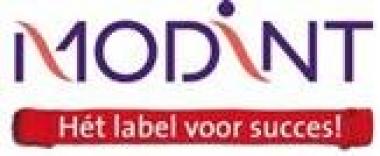NCTO: Deputy U.S. Trade Representative Sarah Bianchi visits Shawmut Corporation
Shawmut Corporation hosted Deputy United States Trade Representative Sarah Bianchi at the company’s headquarters and state-of-the-art manufacturing facility in West Bridgewater, Mass., as part of the ambassador’s inaugural visit to textile manufacturing facilities in the New England area.
Ambassador Bianchi’s visit comes at a pivotal time for the U.S. textile supply chain, which produced $64 billion in output in 2020 and employed nearly 530,000 workers. Shawmut Corporation is part of the broader U.S. textile industry that has been at the forefront of a domestic production chain that has collectively manufactured over one billion personal protective equipment (PPE) items during the COVID-19 pandemic.
The ambassador’s visit to Shawmut included a tour of the company’s manufacturing facility and a roundtable discussion highlighting the critical need for policies supporting a domestic supply chain and the innovative nature of the modern textile industry and its important contribution to the U.S. economy. Shawmut, a fourth-generation, family-run global advanced materials and textile manufacturer, is a global leader in automotive textile composites, innovative technical fabrics and custom laminating services, employing more than 700 employees worldwide with 10 global manufacturing plants and seven commercial offices. The company has also contributed greatly to U.S. PPE efforts, investing $20 million in a new state-of-the-art facility, which can produce up to 180 million NIOSH-approved N95 respirators and other PPE annually and created hundreds of new local jobs.
Ambassador Bianchi said, “Today’s tour of Shawmut’s manufacturing facilities and the roundtable discussion with textile industry executives was an invaluable opportunity for me to see innovative U.S. textile manufacturing first-hand, to learn more about the challenges that U.S. textile manufacturing faces, and to explore ways in which the Administration and industry can cooperate to support a worker-centric trade policy.”
During the visit, U.S. textile executives spanning the fiber, yarn, fabric, and finished product textile and apparel industries participated in a roundtable with the ambassador at which they discussed the innovative achievements and competitiveness of the domestic industry and outlined priority issues in Washington, such as the importance of Buy American and Berry Amendment government procurement policies, maintaining strong rules of origins in free trade agreements and the need to address larger systemic trade issues with China.
NCTO


































